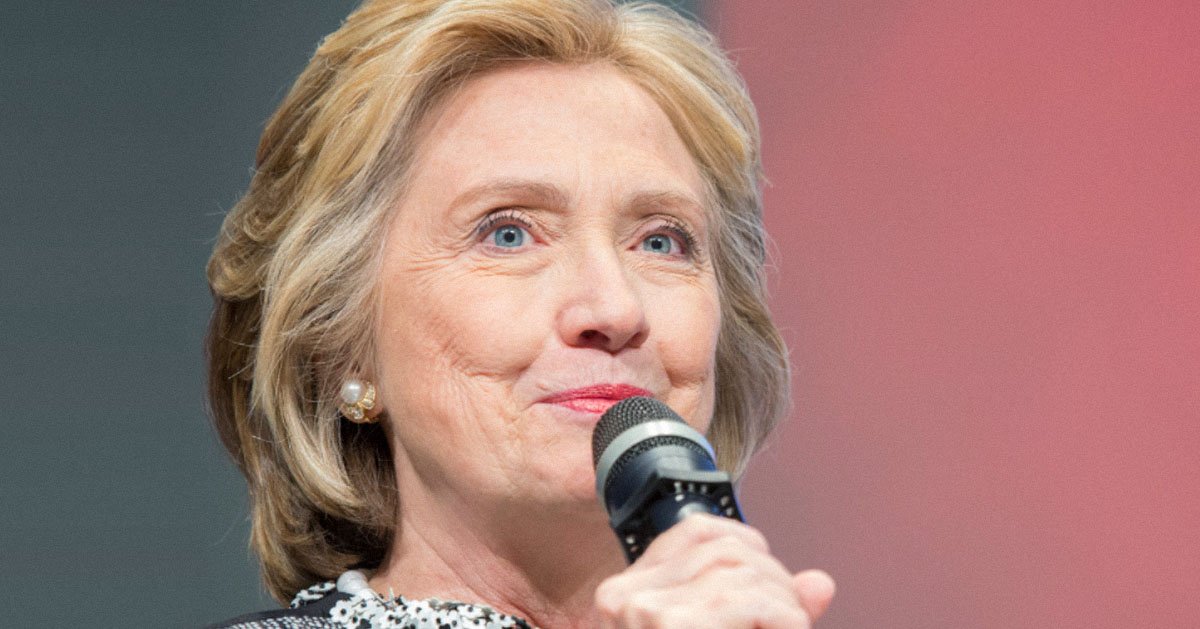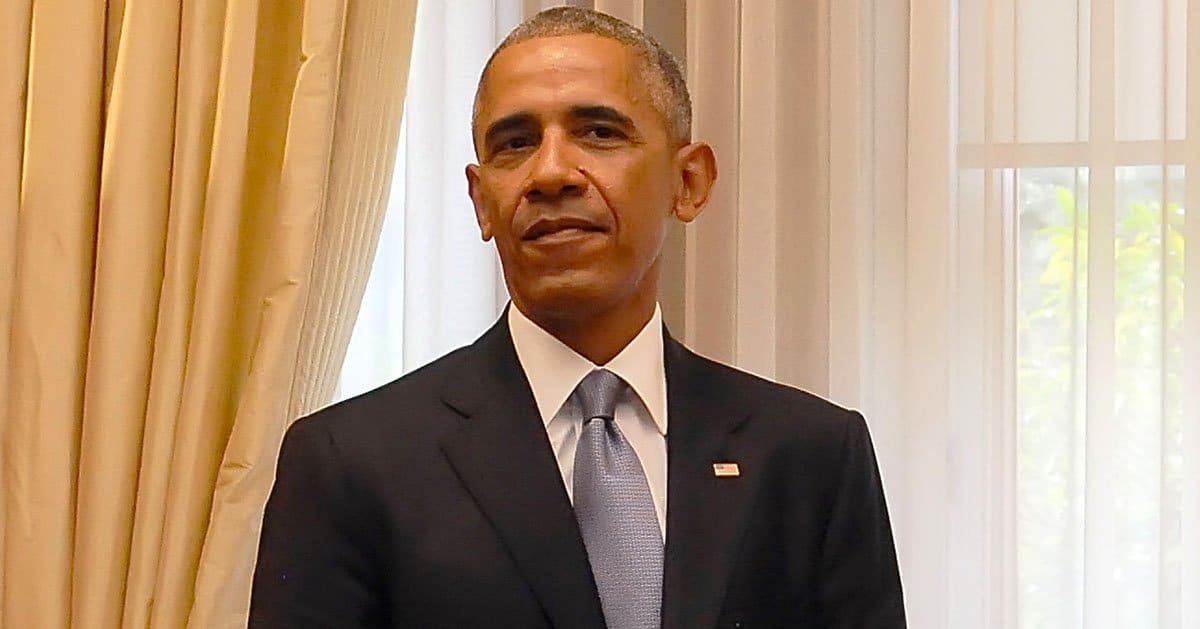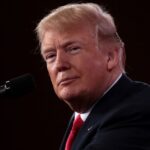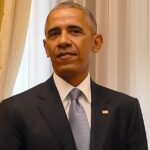

The U.S. Supreme Court recently engaged in a significant legal debate that could affect pivotal cases related to the January 6 Capitol riot.
At the heart of the deliberation is whether actions during the riot fall under statutes designed for other types of legal violations. Breitbart reported that the Supreme Court seems skeptical of the Biden administration's stance and this is great news for former President Donald Trump.
The case centers around Joseph Fischer and his alleged involvement in the January 6 events, questioning whether he and others can be prosecuted under a law originally crafted for financial crimes. The statute, 18 U.S.C. § 1512(c)(2), intended to prevent the obstruction of official proceedings, is now scrutinized for its applicability to the Capitol riot.
With around 350 cases linked to this law, and about 100 individuals already convicted or having pleaded guilty, the implications of the Court's decision are extensive.
During oral arguments, conservative members of the Court expressed concerns about the broad interpretation of the law. They debated whether such a wide scope could inadvertently encompass legitimate protest activities.
Justice Samuel Alito stressed the importance of clearly defining the statute's boundaries to avoid potential overreach. He questioned the Solicitor General on the outer limits of the statute's application.
Justice Neil Gorsuch further explored this issue by presenting hypothetical situations involving non-violent disruptions, questioning if they too could be subjected to severe penalties under the same statute.
Elizabeth Prelogar, the Solicitor General, defended the statute's use, arguing that those charged had made deliberate attempts to disrupt a key Congressional proceeding on January 6. This proceeding was the certification of the 2020 Presidential election results.
The law, enacted post-Enron to combat evidence tampering, is now challenged for its fitness in addressing the physical obstruction of government functions.
The opposing attorney, Jeffrey Green, represented Fischer, drawing a distinction between physical actions and the types of evidence manipulation the law was intended to address.
Justice Clarence Thomas pointed out the various historical instances of violent protests affecting governmental proceedings, highlighting the need for consistent legal application.
Conversely, Justice Sonia Sotomayor defended the application of the statute, citing the unprecedented nature of the January 6 events compared to other forms of protest.
An example involving Rep. Jamaal Bowman, who was not charged under this statute despite disrupting a vote by pulling a fire alarm, was cited to underscore potential inconsistencies in applying the law.
The justices also delved into the legal principle of ejusdem generis, which suggests that general terms should be interpreted in the context of specific terms preceding them.
Chief Justice John Roberts referenced this principle, questioning whether the broad interpretation advocated by the Biden administration aligns with judicial precedents.
Justice Brett Kavanaugh expressed skepticism about applying ejusdem generis, challenging the Solicitor General's stance and highlighting the debate over the statute's textual limits.
The outcome of this case could set a precedent for how broadly laws can be interpreted when applied to acts of protest or disruption that intersect with official governmental functions.
This decision not only affects those directly involved in the January 6 riot but also sets the stage for future legal battles over the limits of governmental authority and individual actions.
The Supreme Court's decision is anticipated with high interest, as it will influence numerous similar cases, including major charges against former President Donald Trump.
The Supreme Court's decision in this case will likely resonate through the legal system, affecting how laws are applied in cases of national significance. The ruling will clarify the scope of 18 U.S.C. § 1512(c)(2) and potentially influence numerous similar legal proceedings across the United States.



